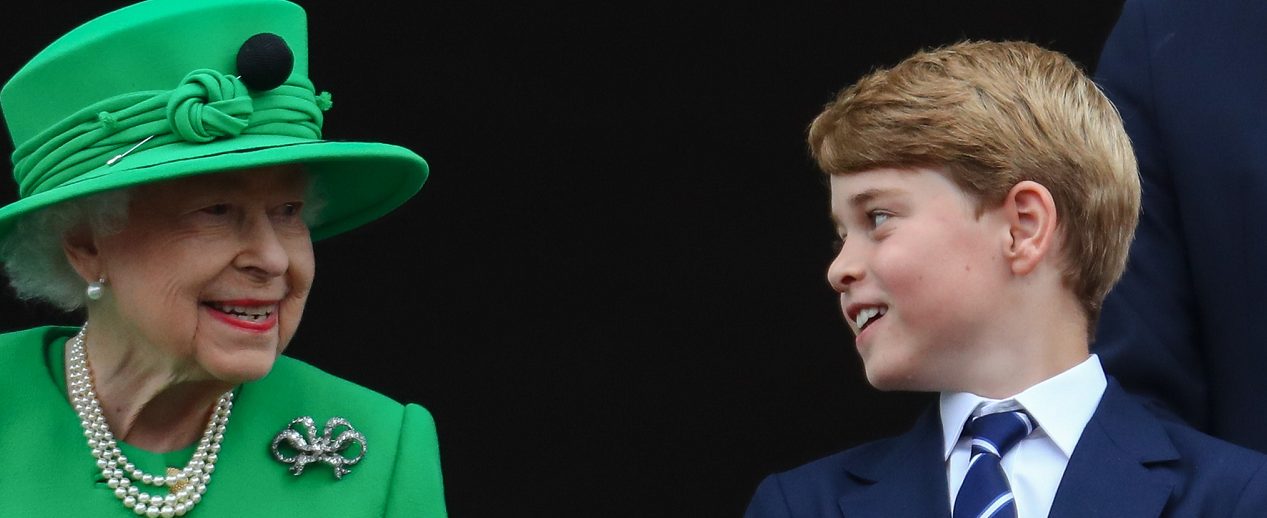“I declare before you all that my whole life whether it be long or short shall be devoted to your service.” Those were the words of commitment of then princess Elizabeth before becoming the Queen, and the first British Monarch to celebrate a Platinum Jubilee, marking this month seventy years of service to the people of the United Kingdom.
People can learn from her example how to stand by one’s words and hold a role in steady devotion even when surrounded by storms.
For seven decades this petite but strong of stature lady has ruled Britain, containing the contrasts between the longing for empire and modern multiculturalism. She has demonstrated great poise intimate and embarrassing details of her family have spread across the world’s media.
“Elizabeth II seems to be the last queen of her kind. Time passes, and all the descendants of the Crown exhibit a void that is inappropriate for future monarchs. True kings or queens must not act according to their private will, desires and gut feelings, but according to what is desirable for their role.”
Six in ten Britons (62%) think that Britain should continue to have a monarchy in the future, according to a recent survey by YouGov. An overwhelming majority, eight in ten people (81%) hold a positive opinion of the Queen while Harry and Meghan Merkle are among the least popular, with the exception of the younger generations who hold more positive views of them. At the same time, young people have more doubts about the relevance of the monarchy in Britain. Just 33% of 18 to 24-year-olds thought the monarchy should continue.
Despite questions regarding privileges and the fairness of the monarchy, there is no institution more stable in Great Britain than the Crown so overall the people gain more from its existence than they lose.
At 96 years old, although showing physical fragility, the Queen provides stability to the turbulent world of modern societies. I do not know another leader like her —a woman who recognizes and assumes the power of her role with unparalleled commitment, acts with a determined spirit and indomitable willpower, and knows exactly how to function to give the world the degree of steadiness it needs.
She receives guests, attends ceremonies, even goes hunting in Scotland —not for her own pleasure, but as part of royal protocol. Well done to her.
“In a world where everything seems about to collapse the concept of the king, a kingdom, a leader who stands as the head, should provide hope and examples of how to withstand the turbulent political international arena. Therefore, I do not think the time has come when it is possible to eliminate the link of the British Monarchy with Canada, Australia, and smaller countries of the Commonwealth.”
Elizabeth II seems to be the last queen of her kind. Time passes, and all the descendants of the Crown exhibit a void that is inappropriate for future monarchs. True kings or queens must not act according to their private will, desires and gut feelings, but according to what is desirable for their role.
In a world where everything seems about to collapse the concept of the king, a kingdom, a leader who stands as the head, should provide hope and examples of how to withstand the turbulent political international arena. Therefore, I do not think the time has come when it is possible to eliminate the link of the British Monarchy with Canada, Australia, and smaller countries of the Commonwealth.
Royal families act as a state symbol of the people and need to be at the service of the masses to help ensure steady and strong societies. Similar to the kingdom of nature, dynasties of kings on earth are a permanent, stable, and an unchanging factor which runs like a thread connecting periods of time and generations. In the same way a hierarchy in nature prevails, a monarchy should furnish a suitable form of governance and connection in human society, which is so much needed in modern days.











